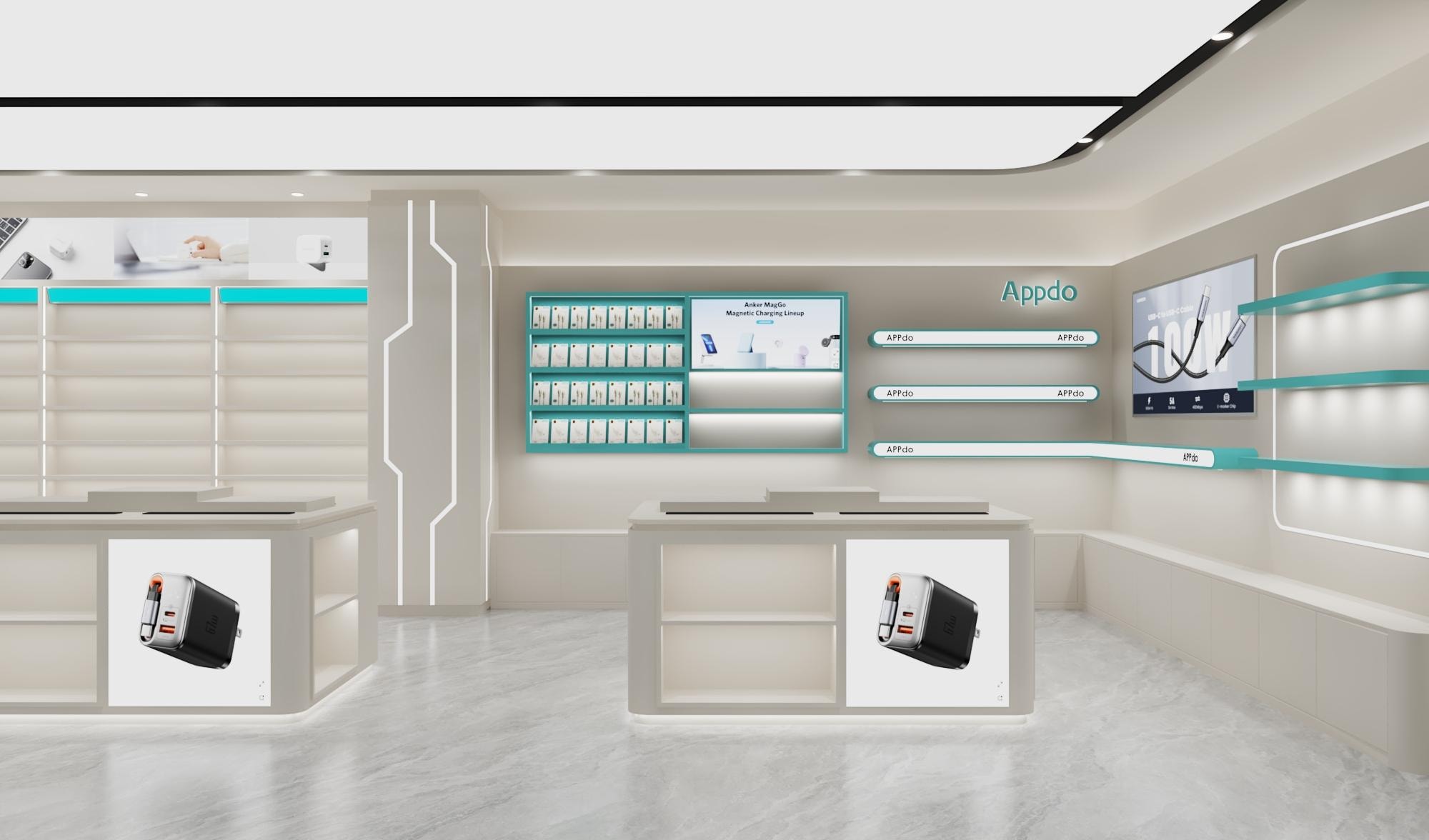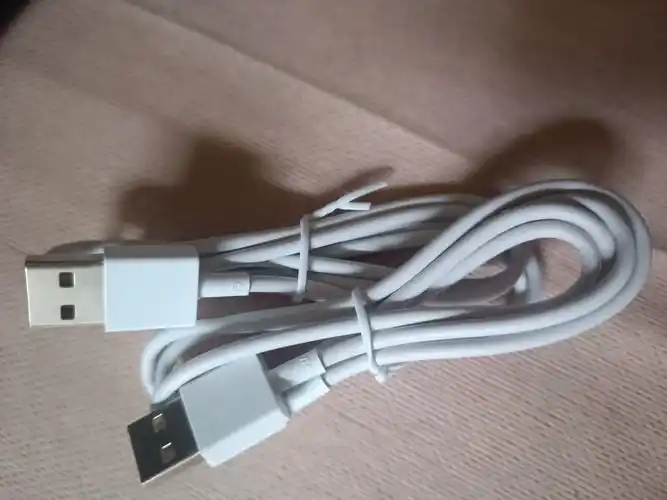
An In-Depth Analysis of Data Cable Material Selection and the Underlying Technology
Updated on October 12, 2025
Data Cable Material Selection
Table of contents
► The Importance of Data Cables
In our daily lives, data cables have become indispensable. The importance of data cables in everyday life is self-evident. They are not just mediums for charging and data transfer but also hold a central position among numerous electronic devices. From charging to data transmission, they play a vital role connecting our electronic devices.► Analysis of Outer Jacket Materials
In daily use, we often have an intuitive feel for the texture of a data cable: some feel stiff, while others are soft and comfortable. However, behind these different textures lies the secret of the cable's outer jacket material. Currently, the market offers a wide variety of data cables, but the primary outer jacket materials used are none other than TPE, PVC, and Nylon (for braided cables).► TPE vs. PVC Comparison
Among these, PVC was a commonly used material for data cables in the past. It was favored for being flame-retardant, having high strength, weather resistance, and excellent dimensional stability. However, TPE material, owing to its superior elasticity and toughness, has gradually become the mainstream choice in the market, emerging as the preferred option for more and more mobile phone manufacturers due to its better performance.Simply put, TPE material is a type of soft elastomer that can be processed using conventional thermoplastic processing machinery. Compared to PVC, its elasticity and toughness are significantly improved. More importantly, TPE material boasts excellent environmental properties—it is recyclable and helps reduce production costs. Presently, many original mobile phone data cables commonly use TPE material.
However, over time, even Apple's original cables are prone to cracking and peeling, making it difficult to rely on a single cable lasting until the next phone upgrade.
► Advantages of Nylon Braided Cables
Fortunately, technology advances rapidly. The market has seen the emergence of more flexible, durable data cables made from braided materials, offering new choices for our user experience. Nylon material, due to its excellent flex life and tensile strength, might become the mainstream in the future data cable market, providing users with more durable options.Braided data cables, as seen in many products on the market, primarily use nylon material. Nylon, a material widely used in clothing manufacturing, gives these cables outstanding flex life and durability, clearly surpassing traditional PVC and TPE materials. Although original phone cables are still predominantly TPE, third-party accessory manufacturers have actively started launching nylon braided data cables. These are not only more refined in appearance but also offer greater tensile strength. These products often use nylon thread woven with metallic yarn, making the entire cable shimmer even in dim indoor lighting, thus making it easy to locate.
By now, readers should have a clear idea discern which type of data cable material is superior.


